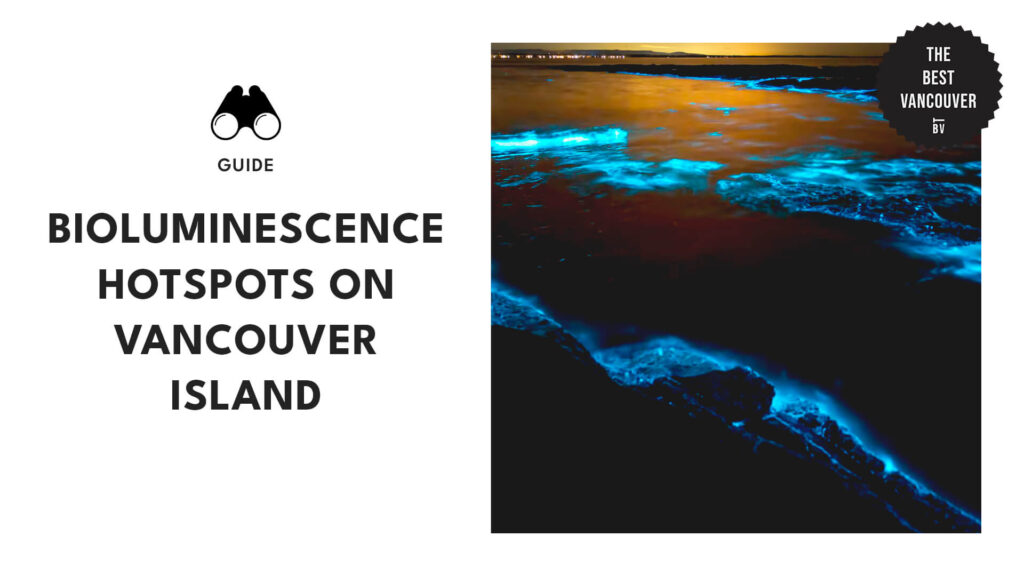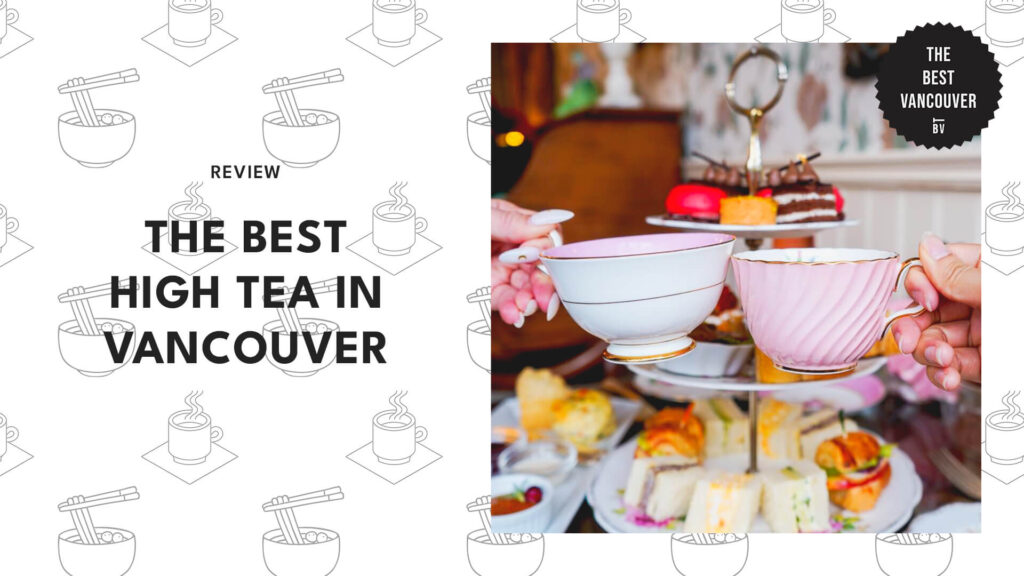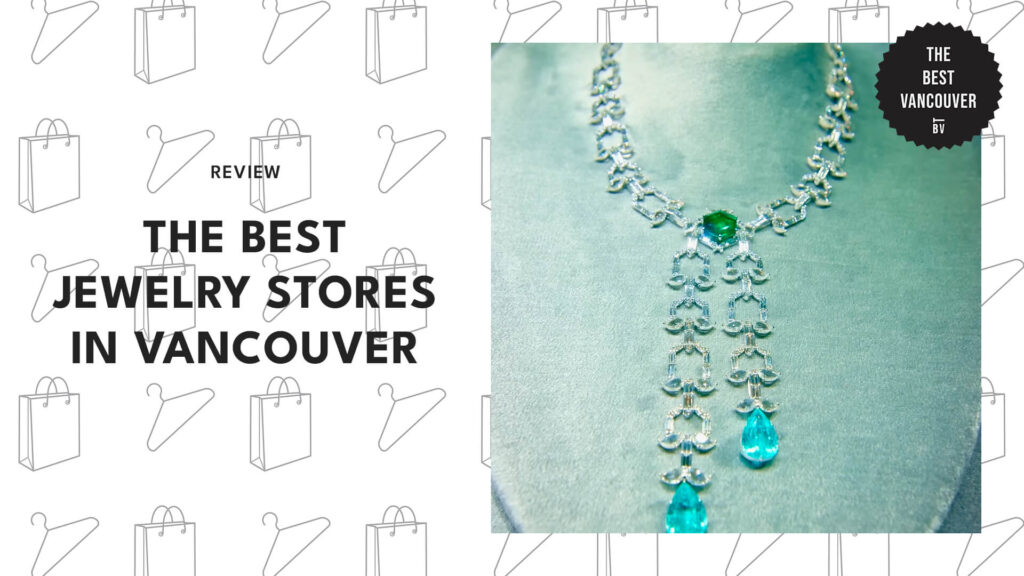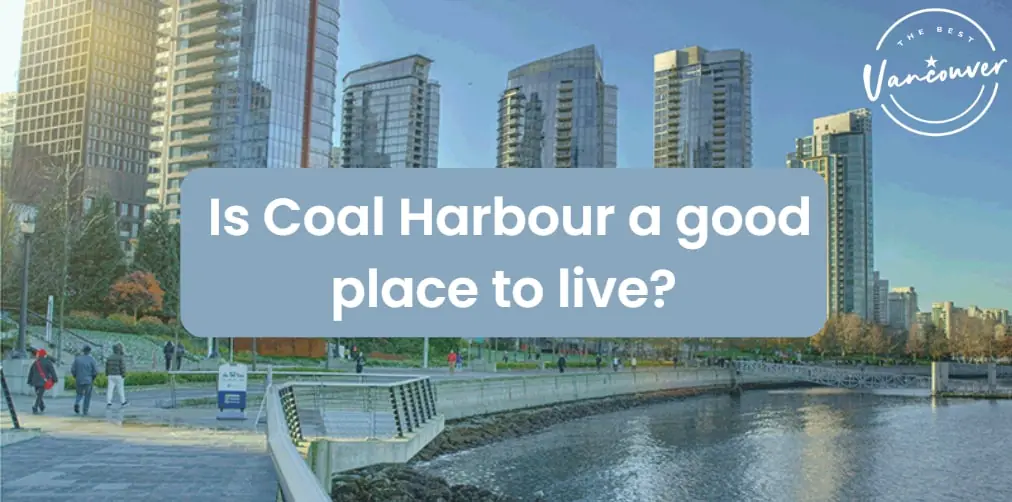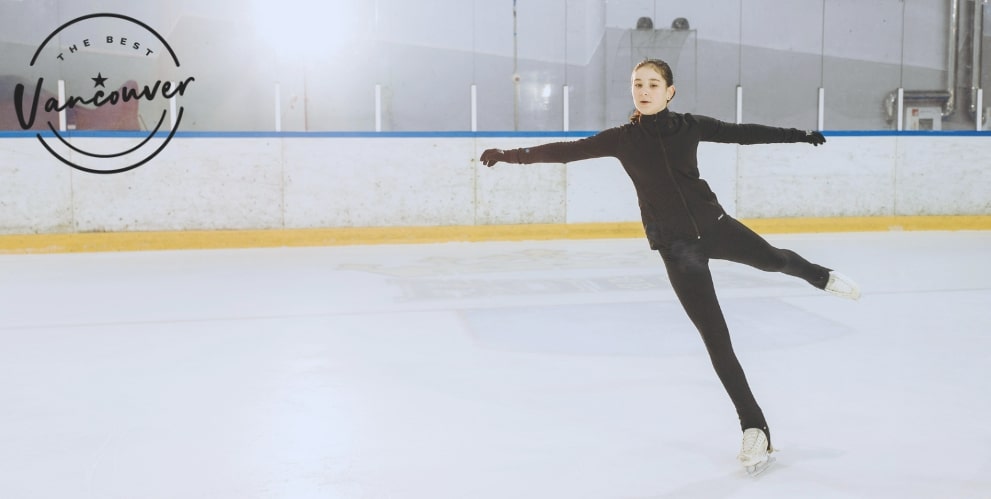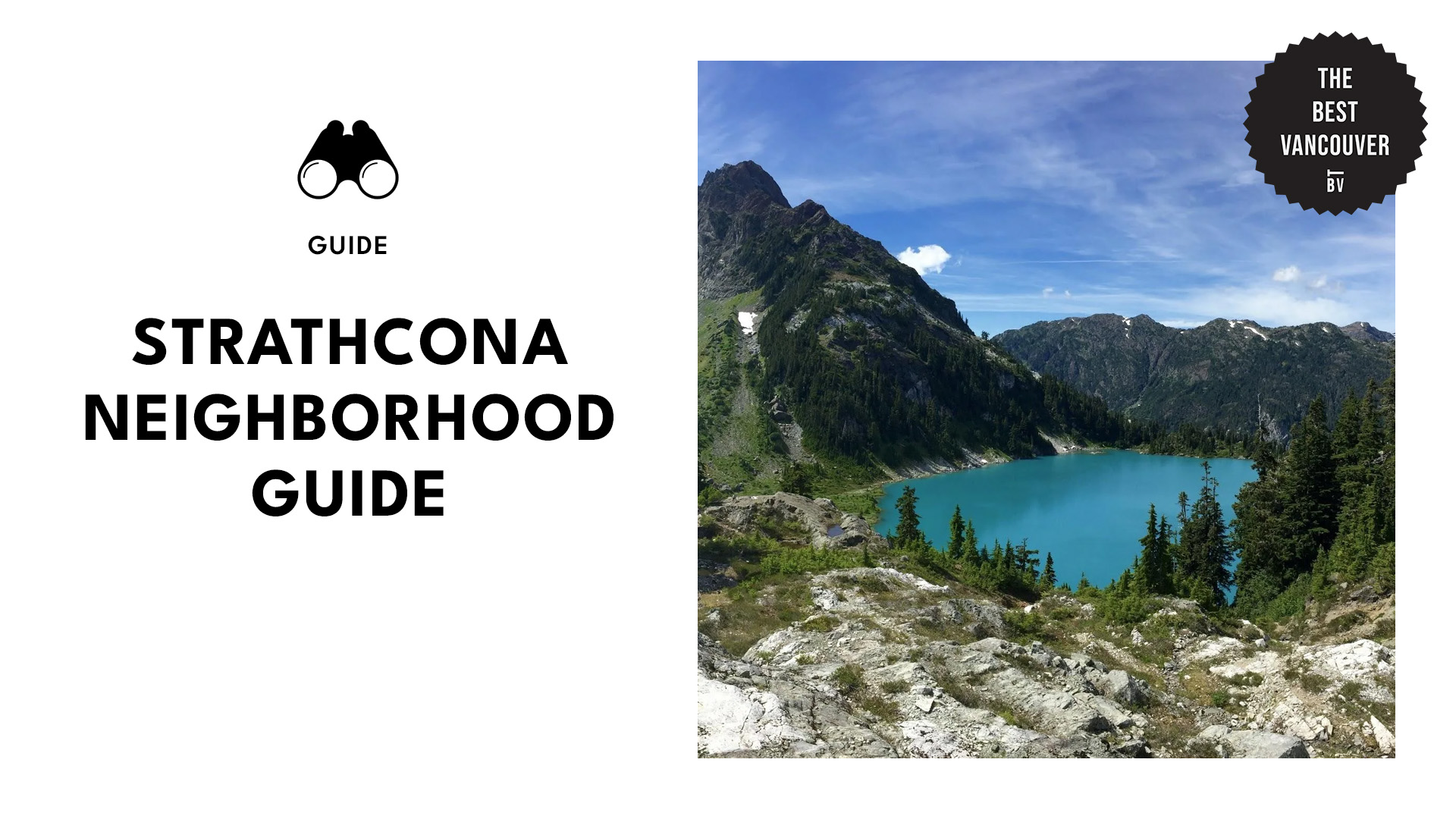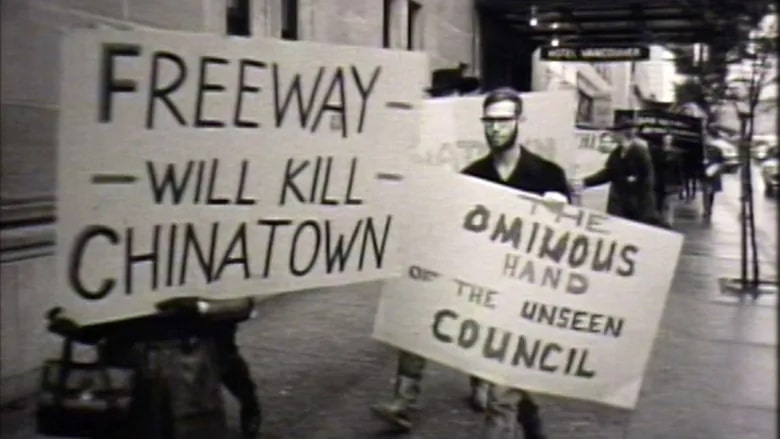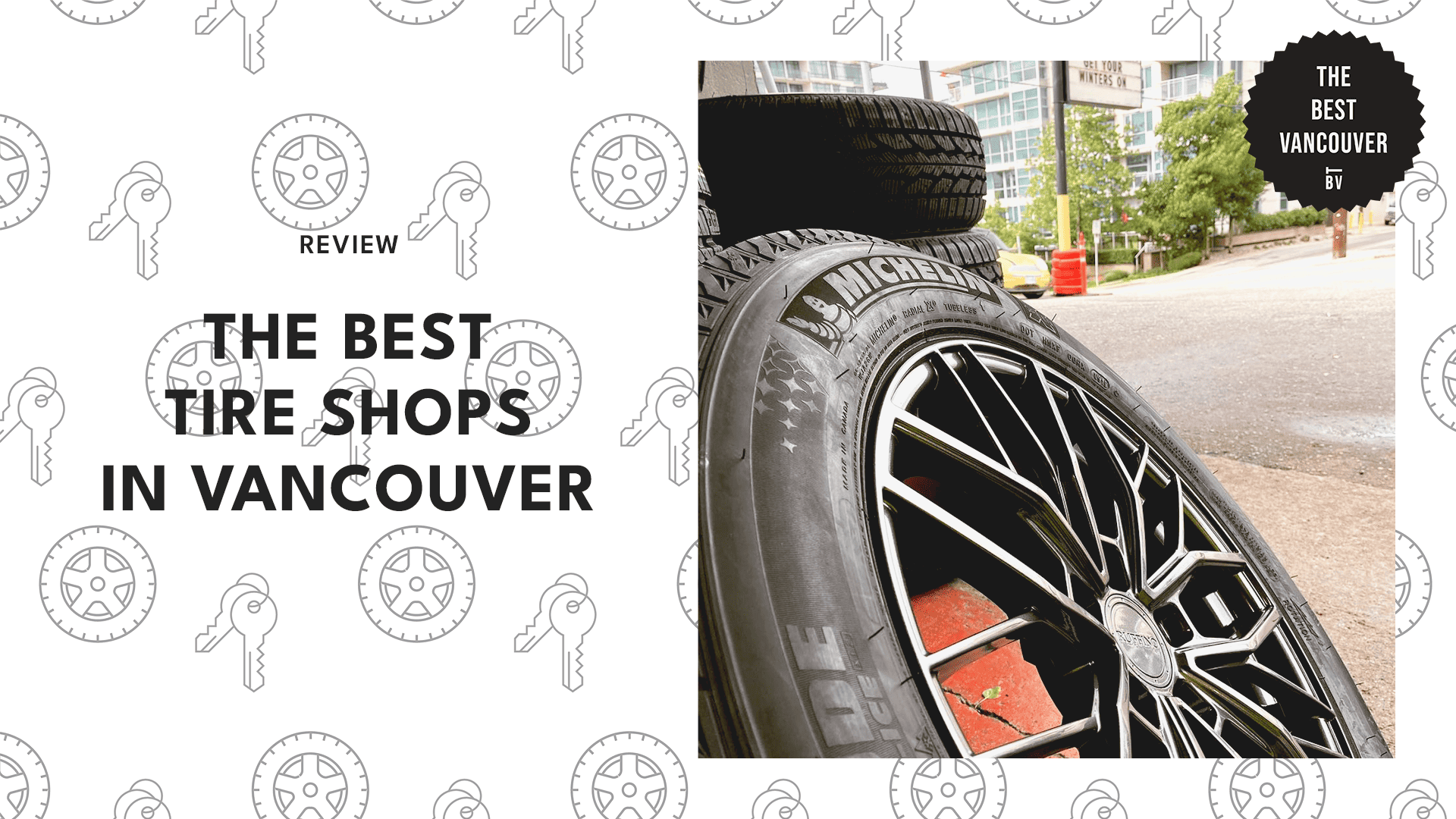What is the zero waste approach of Vancouver?
Reduce, reuse, recycle: We’ve all heard about this slogan before, but have you ever wondered how the City of Vancouver implements these practices? Well, we sure did!
So we did some digging and asked around, and although we encountered some difficult words like “composting” and “diversion rate,” we didn’t let that stop us.
So if you’re here, chances are you’re also curious about the Vancouver zero waste program, right? Then let’s get to it!
What is Vancouver’s zero waste approach?

The Zero Waste Approach of Vancouver is a vision of the city becoming a zero-waste community by 2040 through a strategic plan that consists of numerous initiatives and programs.
These clever initiatives and programs aren’t just about making Vancouver look good – they’re here to save the planet. We’re talking about reducing waste, recycling, composting, and embracing sustainable living.
So how exactly was this plan made? Well, it wasn’t conjured up overnight. Oh no, it took two years!
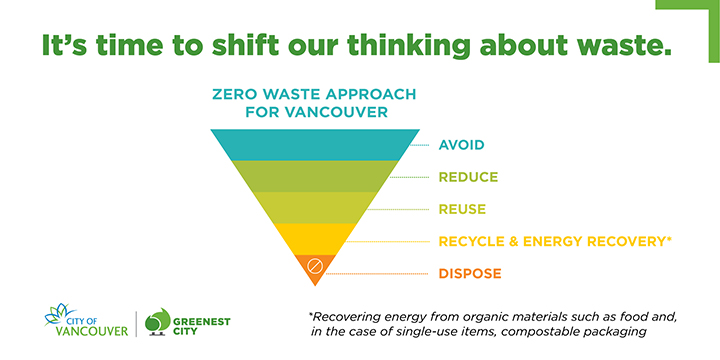
Two years of research, brainstorming sessions, technical analysis, and stakeholder workshops by an advisory panel made up of business, academic, government, and non-profit experts.
These experts took the city’s existing policies and ongoing waste reduction and recycling initiatives and made it their mission to develop a comprehensive plan that would address the city’s environmental challenges.
So it’s no surprise that the city has already made some impressive strides. Don’t believe us? Well, just look at the table below to see Vancouver’s progress so far!
Data from the City of Vancouver via https://vancouver.ca/
You’ll see their annual waste has dropped significantly over the years. In 2008, the city had 480,000 tonnes of annual waste, but in the recurring years, this number dropped to 305,000 tonnes in 2020. Pretty impressive, right?
Vancouver’s Zero Waste Strategies and Programs
Single-Use Item Reduction Strategy
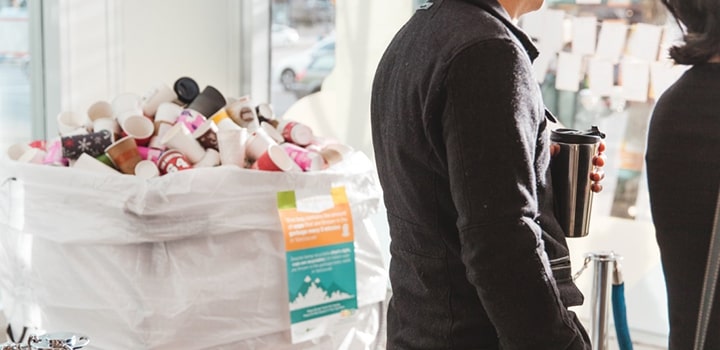
As of May 1, 2023, the City Council of Vancouver wiped away all those single-use beverage cup requirements, so businesses are no longer required to provide these!
So what’s the big idea behind this? Well, businesses are encouraged to embrace reusables. This means using sustainable sippers for drinks, using paper bags, and dishing out discounts for customers who BYO Cup (‘Bring Your Own Cup’).
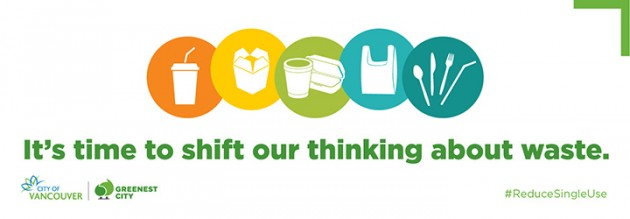
Vancouver is also done playing around with plastic and compostable plastic shopping bags – they’re officially banned as of January 1, 2022.
The city means business, and now businesses have to step up their game with paper bags that contain at least 40% recycled material.
The city has also banned single-use utensils and straws since April 2020, unless you’re a customer who absolutely needs ’em. We’re talking hospitals and community care facilities – they’re off the hook for this one.
Demolition Permits Policy
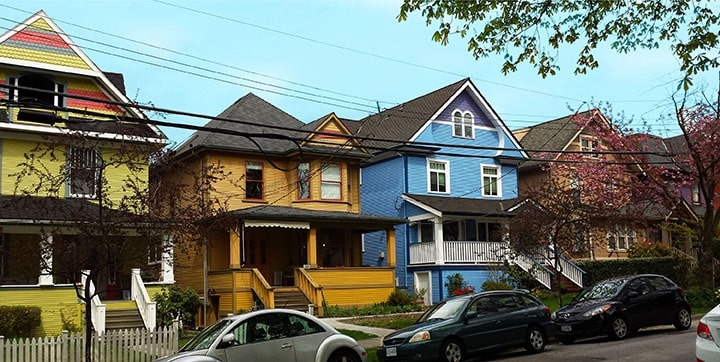
Another initiative that the city has imposed is the responsible demolition of houses. They want to make sure those old houses are taken down with a green conscience. Think reusing, recycling, and disposing of hazardous stuff the right way.
Now, if you’ve got plans to say goodbye to a heritage home or an ancient house that’s been around since 1910, stick around, as you’re gonna need a demolition permit.
To get this, you’d need to pay four fees: a demolition permit fee, a building permit fee, a cost-of-work fee, and a demolition waste compliance fee. See how much these cost here.
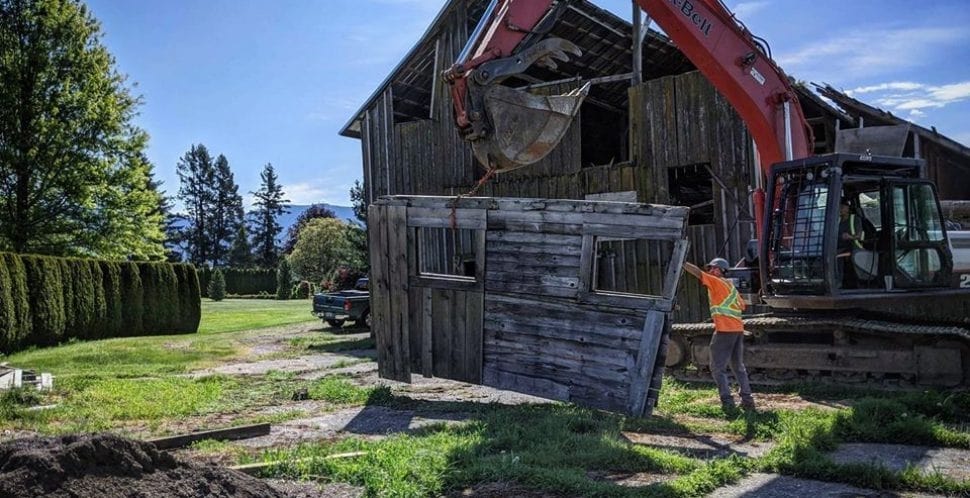
You’ll also be required to complete a recycling and reuse plan, a recycling and reuse compliance form, and a wood salvage report for demolition. Sounds like a wild ride, right?
But don’t worry; once you’re done with those, you’ll get your demolition permit, but not before you pay a $14,650 deposit. This amount will be refunded to you if you meet the reuse and recycling requirements.
Look, we know this is a lot of stuff to do to have a house demolished, but the reason why the city wants you to do this is because these materials still have value, and they’re trying to reduce the volume of waste in landfills.
They’ve also teamed up with Habitat for Humanity and built The Rebuild Hub, where Vancouverites can donate and source high-quality salvaged materials.
Donating Clothing
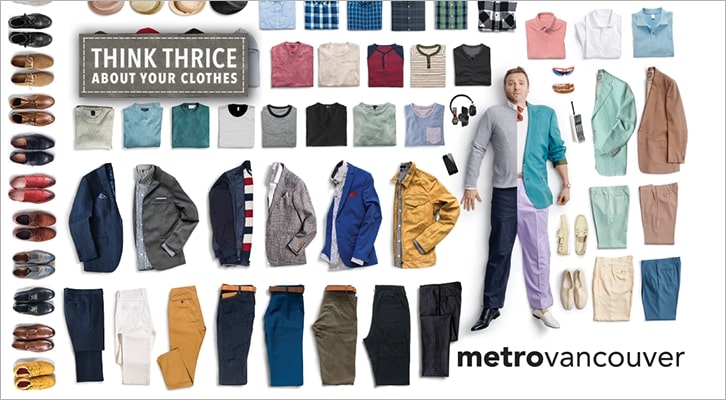
Hey, did you know that folks in Vancouver toss away almost 8 kg of clothing per person each year? Crazy, right? The good news is that the city is very much aware of this and has come up with a strategy.
They’re all about encouraging their residents to get crafty – this means reducing, donating, repairing, and repurposing their clothes.
And it’s not just limited to clothes. You can also give away bags, sheets, curtains, bath towels, pillows, tablecloths, and even those hats and gloves.
Don’t worry if you’re unsure about where to send your stuff, though. You can use “Waste Wizard” to find the perfect spot to drop off your goodies.
Recycling And Disposal Facilities
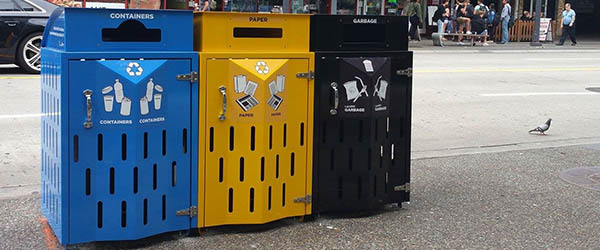
One of the best ways to reduce waste —yep, you already knew this was coming—is recycling.
You see, aside from the many companies in the city that handle waste management and disposal for non-hazardous and hazardous materials, the city also has its own curbside program and disposal facilities.
They’ve got not one, but two spots to handle all that waste. One’s in south Vancouver—a recycling depot and transfer station combo. The other’s in Delta—an engineered landfill and residential recycling depot.
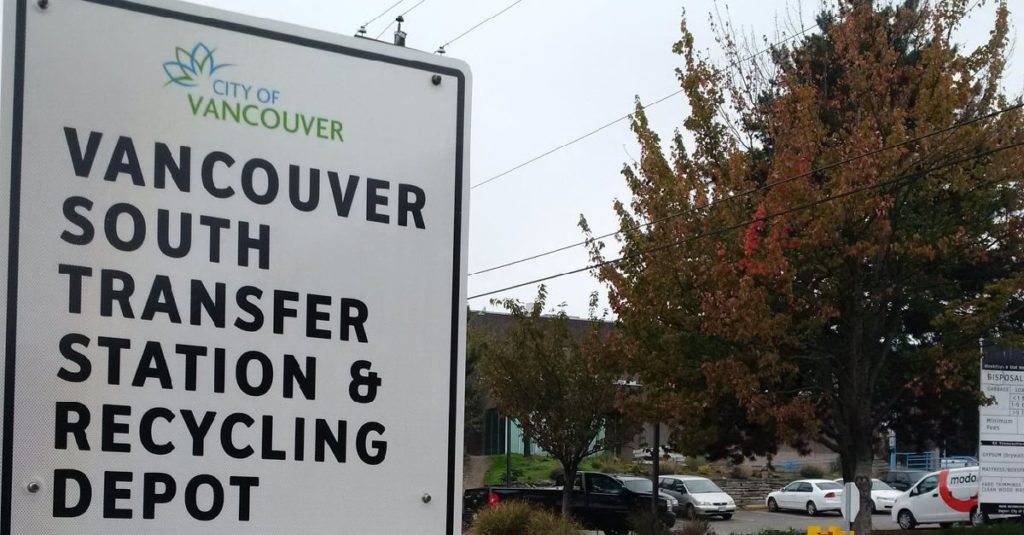
You may also drop off a ton of stuff for reuse and recycling at the Vancouver Zero Waste Centre at 8588 Yukon Street. And guess what? It’s absolutely free!
They take almost anything you can imagine—old bikes, clothes, batteries, even those big ol’ appliances. For a complete list of accepted items, head to the City of Vancouver website.
However, do note that they only accept from residential customers only. And just a heads up, a few things like mattresses, box springs, new drywall, food scraps, yard trimmings, and unfinished wood waste will have a little fee attached.
Food Waste Prevention and Reduction
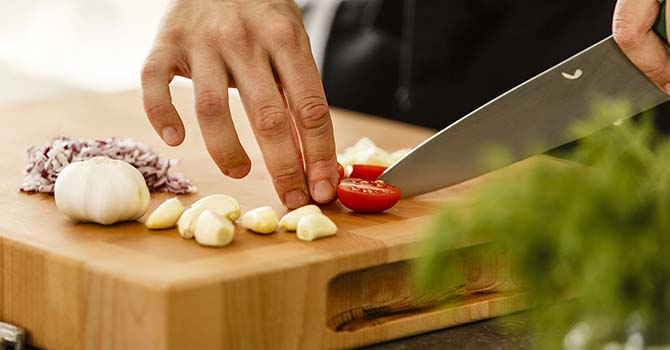
Vancouver’s Zero Waste 2040 Strategic Plan also tackles wasted food. They’re on a mission to stop food from getting dumped into landfills or going up in smoke. And how exactly do they plan to do this?
Well, there are three things. First up, they’re joining forces with the Love Food, Hate Waste Canada campaign. They’re on a mission to teach Vancouverites about the true value of food and how to cut down on waste.
Next up is the food rescue and redistribution program. This one aims to pursue options to improve food rescue and redistribution systems by encouraging everyone to donate edible food to charities and not-for-profit organizations. Pretty neat, right?
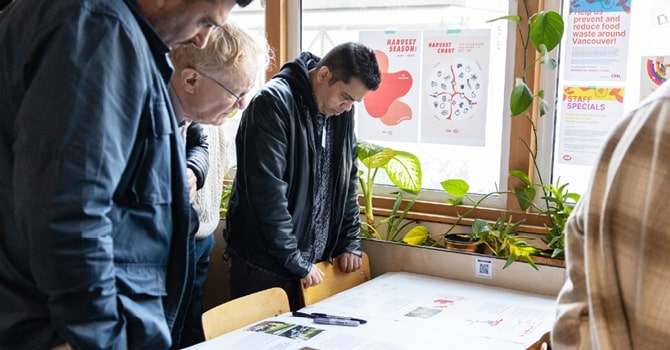
And finally, they aim to be the top dog when it comes to food waste prevention, which is why they established the Circular Food Innovation Lab.
They joined forces with 18 food supply chain businesses in the city to cook up solutions to save every last bit of edible food from going to waste.
Zero Waste Demonstration Site
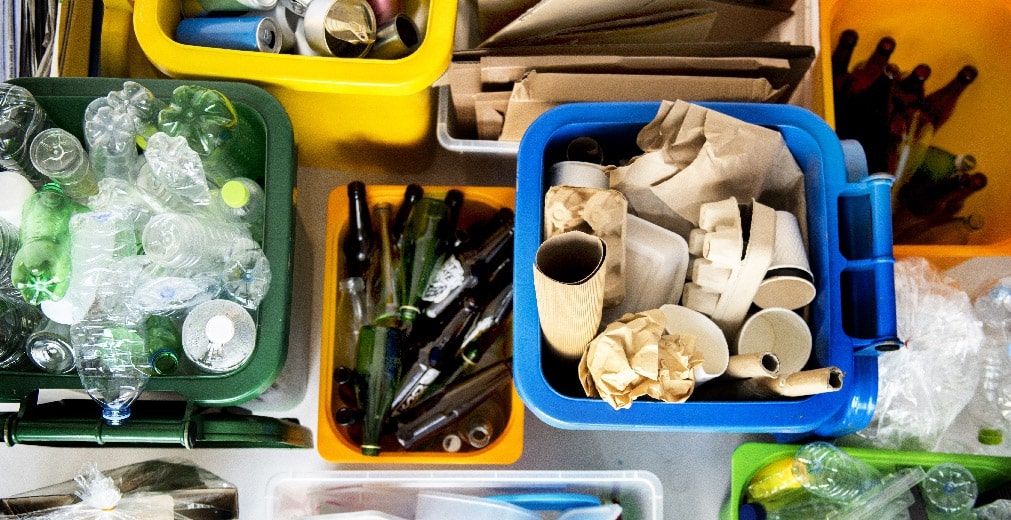
Here’s another initiative that the city is planning to take – building a Zero Waste Demonstration Site. Yeah, we also didn’t quite get the gist at first, but this project is aimed at showcasing sustainable waste management practices to the community.
This site can be used as a hotbed for eco-innovation.Companies can commercialize zero-waste and clean technology, increase green jobs, and establish technologies that the whole city can follow.
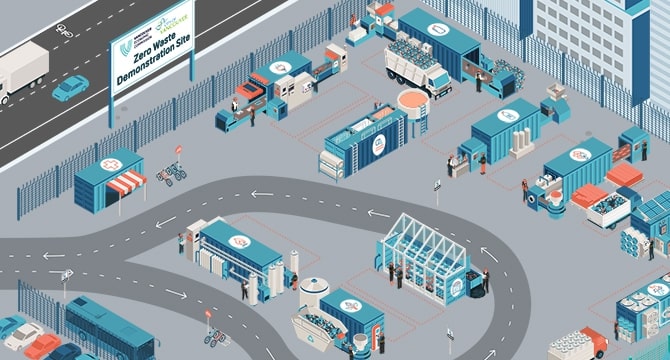
And guess what? they’re almost ready to kick off the pilot program, with 10 innovators who have been invited to work their magic at the Zero Waste Demonstration Site pilot.
Put Waste in Its Place Program
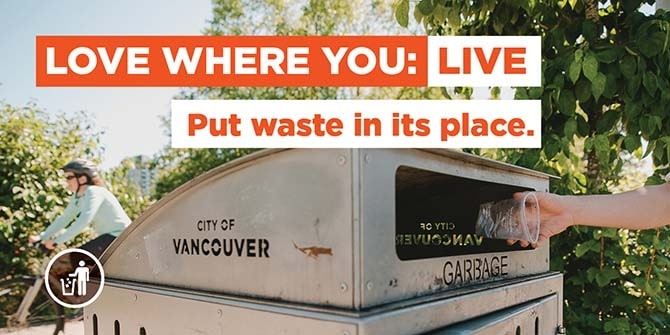
It’s no secret that Vancouver’s got the great outdoors on lock; with over 300 parks, beaches, and gardens, the demand for cleanliness has shot up, urging the city to step it up.
So, since 2021, the city’s taken charge and upped their cleaning game big time! They’ve added over 200 waste bins in parks and plazas, boosted the trash pickup frequency, and traded those puny trash cans for some massive ones.
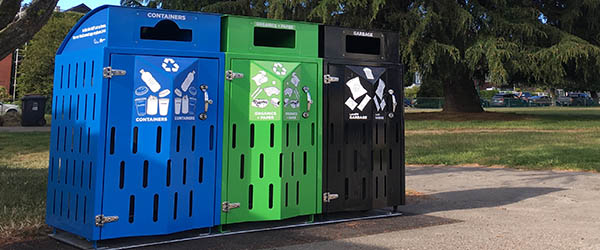
But that’s not all—they’ve also expanded their micro-cleaning services and added more street cleaning staff to the squad. But hey, it’s a team effort, so the city is also encouraging the public to join in.
If you spot some sneaky illegal dumping or abandoned waste, don’t be shy—you can report it to Van311! Those offenders might end up with some serious fines, ranging from $100 to a whopping $10,000.
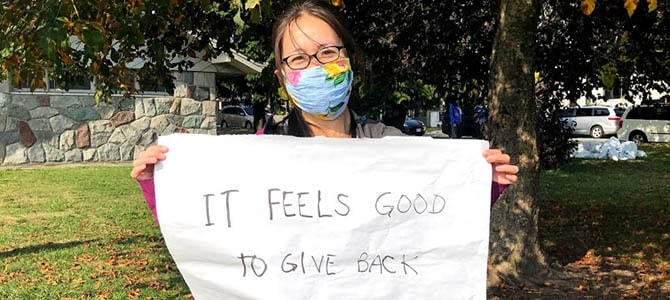
You can also volunteer with Zero Waste Vancouver programs such as neighborhood clean-ups and show off your zero waste ideas and stories.
So that’s about it. We hope that you join in the city’s vision of becoming a zero-waste community by 2040. Sure, it’s a long journey ahead, but with everyone’s commitment and effort, a sustainable future is not only possible, but achievable.
In case you don’t know or need a refresher on the city’s recycling program, we highly encourage you to read our Vancouver Recycling Guide to learn about the different types of materials that can be recycled.
